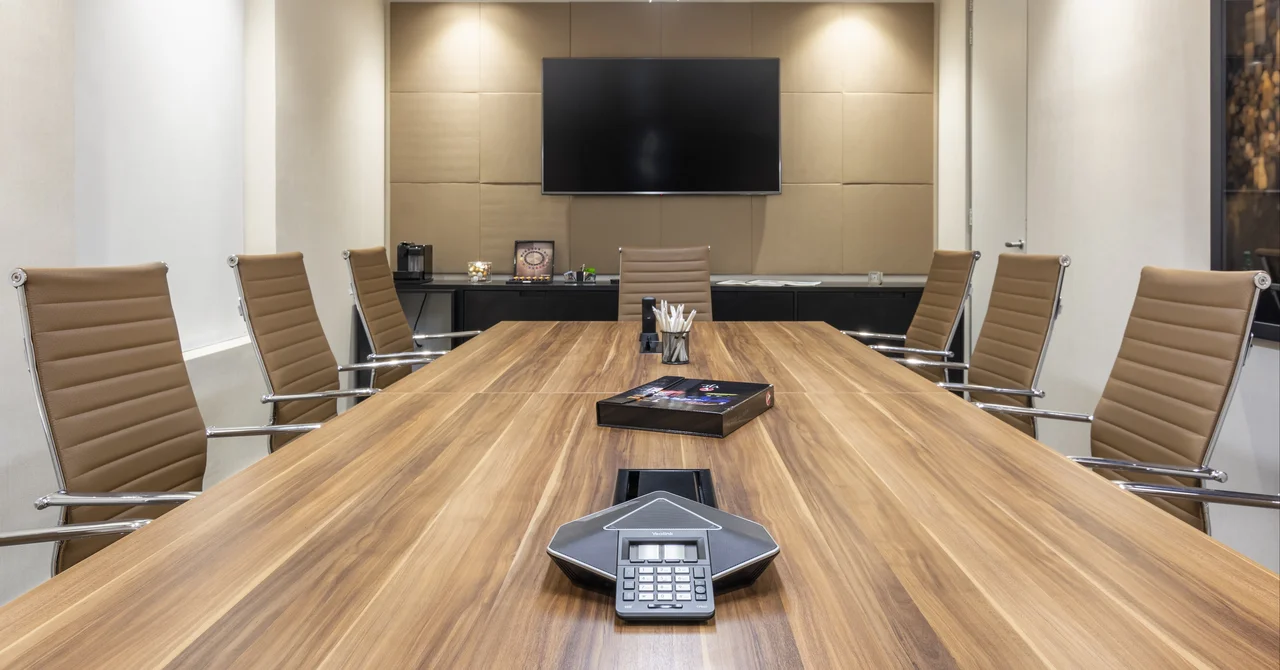7 technology trends changing work and collaboration
The way we work and collaborate has changed drastically over the past few years, and technology is ensuring the workplace won’t stagnate any time soon.
The nature of work has changed not just in terms of hybrid and remote work, but in the evolution of the tools we use. Employees have rejected the rigid schedules and work styles of the past, and they’re ready to embrace flexibility and progress in new ways. Here are seven of the top trends likely to impact the workplace in 2024.
1. Smarter Artificial Intelligence
Last year a lot of workplaces experimented with artificial intelligence (AI), from chatbots and content generation to job application screening and optimizing automated workflows. The workplace has been particularly interested in generative AI, but 2024 will see more uses for predictive AI. The volumes of data that organizations have been generating will be put to use in forecasting financial risk, customer needs, employee career paths, and much more.
Other top applications will include improving operational efficiency and customizing employee and customer experiences. Overall, AI will make many jobs easier, but organizations will need to prioritize where they want to use the technology with the resources they have.
2. Expanding Flexibility
Employees still want flexibility–that’s not a new trend. When offered flexible work arrangements, 87% of employees accept. But that doesn’t just mean working a couple of days a week from the home office. More workers are seeking 4-day workweeks, training for new roles, wellness benefits, and career breaks or sabbaticals. Employees aren’t just rejecting commutes and office politics–they’re trying to avoid and recover from burnout. More than a quarter of employees say they’re “always” or “very often” burned out at work, and 76% report at least occasional burnout.
3. The Return to Office
The tug-of-war between the office and remote work continues, but more organizations will continue to improve and adapt workspaces to hybrid work and collaboration. On-site and hybrid employees need workspaces designed for variety, flexibility, and teamwork, so offices will continue to need better interactive and virtual conferencing technologies.
4. Improving Equity and Inclusion
Many organizations want to improve inclusion, particularly in hybrid collaboration. This means implementing meeting solutions that give all participants equitable visual, audio, and content access and capabilities. Employees are concerned about fairness and want equitable meetings, as well as transparency in areas like salaries and internal inclusion policies.
5. High-tech skills
In addition to people skills and office software knowledge, employees will need to understand more about how to use technologies like AI, data tools, and online collaboration solutions. Right now, at least one digital skill is necessary in 92% of jobs. While many workers lack these skills, employers have the opportunity to invest in tech skill development.
6. The Generational Work Mashup
As Gen Z is poised to soon outnumber Baby Boomers in the workplace, these digital natives are changing businesses. They’re tech-savvy and have their own expectations about what work life should be like. They seek meaningful work as well as healthier environments for both mental and physical wellness. By including all generations in technology and workplace conversations, you’re more likely to find solutions that work for the entire organization.
7. Embracing Sustainability
Executives are seeking to adopt more environmentally, socially, and economically sustainable practices and technologies. They’re committing to more responsible use of technologies, resources, energy, and products, as well as respecting the rights of workers. Many organizations are going beyond adopting sustainability initiatives and creating sustainability teams. These often include company leaders as well as employees. An audiovisual communications and collaboration company can help you evaluate the lifecycle of your technologies and even the need for certain solutions. For example, does your office need so many printers? They may encourage waste of paper and add to the amount of equipment you’ll need to manage and dispose of. By following sustainability principles in the new year, many organizations are likely to reduce waste and save money.
How Nationwide AV Can Help
The ways we work, communicate, and collaborate are changing rapidly. It can be challenging to keep up with workplace technology trends, but consulting with an experienced partner can make it easier. To learn more about modernizing your workplace, talk to a collaboration technology expert at Nationwide Audio Visual.

